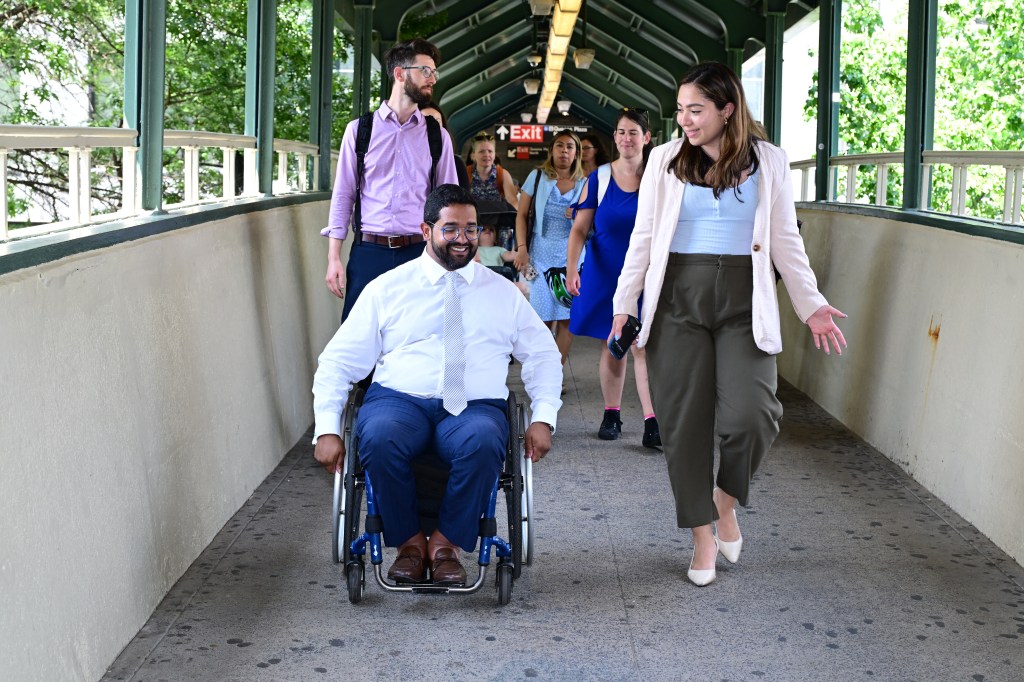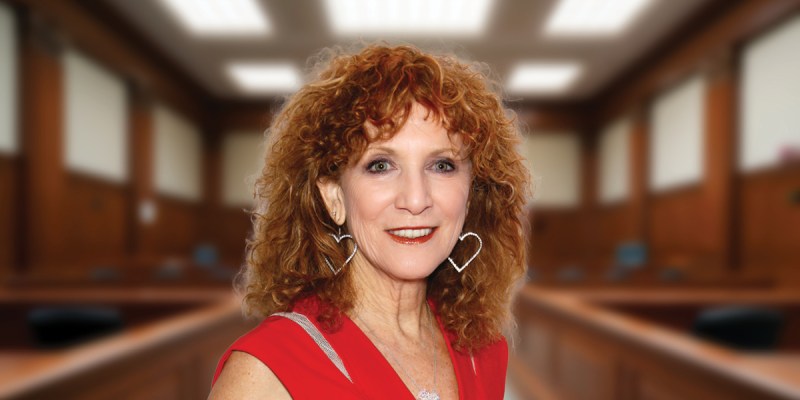Mental Illness Awareness Week (MIAW), October 4 through 10, was designated by Congress a decade ago, to promote public education about serious mental illnesses such as major depression, bipolar disorder and schizophrenia.
Other diagnoses include post-traumatic stress disorder (PTSD) and anxiety disorders, such as obsessive-compulsive disorder and borderline personality disorder.
According to authorities, mental illness does not discriminate. No one is immune.
Some famous authors who suffered from mental illness include Ernest Hemmingway, Charles Dickens and Edgar Allen Poe. Other famous figures include Abraham Lincoln, Issac Newton, Ludwig Von Beethoven, Leo Tolstoy and Tipper Gore.
About 60 million Americans experience mental health problems in any given year. One in 17 lives with the most serious conditions.
On average, people with serious mental illness live 25 years less than the rest of the population. One reason is that less than a third of adults and less than half of children with a diagnosed illness receive treatment.
Half of all lifetime cases begin by age 14, but 10 or more years may pass between the onset of symptoms and getting help. One reason for delay is the stigma wrongly associated with mental illness, which the U.S. Surgeon General has identified as a barrier to care.
In the Army, the suicide rate is the highest in over 25 years. Two years ago, the number of Iraq and Afghanistan war veterans seeking treatment for post-traumatic stress disorder (PTSD) from the Department of Veterans Affairs jumped by 20,000 – almost 70 percent.
Mental illnesses are medical illnesses.
That is the starting point for understanding, as well as treatment and recovery. That is why MIAW and public education are important, so we can take care of ourselves and those we love.
What can you do?
The first step is to educate yourself and those around you.
Small steps count. Visit www.samsha.gov and browse information about different diagnoses and courses of treatment. Learn symptoms as warning signs.
If you see cause for concern, discuss the symptoms with your doctor. Early identification is often key to recovery. Treatment works – but only if a person gets it. Treatment may involve combinations of medication, cognitive behavioral therapy, interpersonal therapy (“talk therapy”), peer support groups or community services. Diet, exercise, sleep and social support networks also play a role.
If you want to find service providers for mental health services for you or a loved one call 800-LIFENET (543-3638). This is a special hotline for New Yorkers who need help finding services in their community.
During MIAW, simply going to www.talktherapytv.com and watching an episode with family or friends can make a difference. Afterwards, discuss together what you knew – or didn’t know – about mental illness beforehand.
We need to end stigma. We need to help others and ourselves. Help requires action and education must precede action.
That is what MIAW is about. It means strengthening our community.
Jacob Berelowitz, LMSW, is a host on Talk Therapy TV.

































